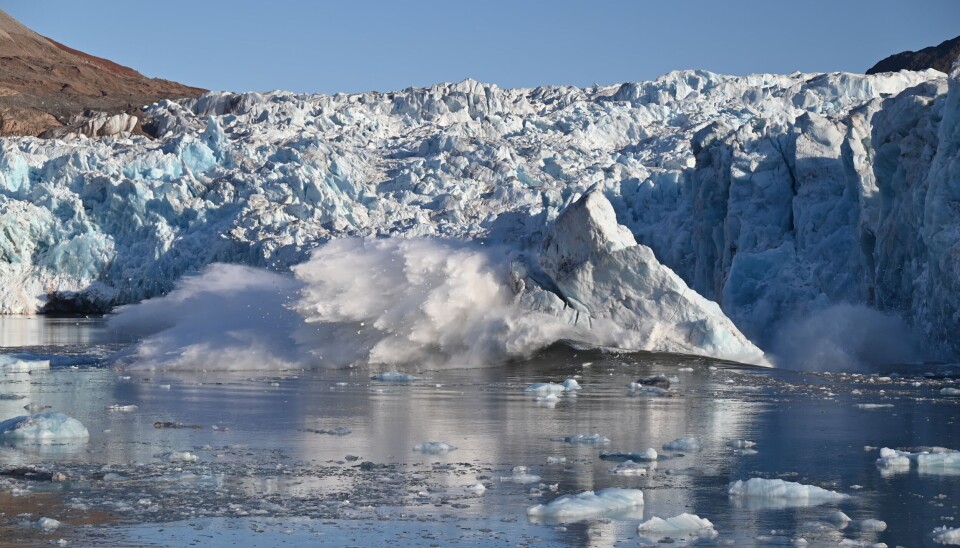
Re-freezing the Arctic is costly and dangerous
Researchers warn against geoengineering in the polar regions.
An international group of 42 researchers from 38 institutions conducted a new study examining five geoengineering concepts for the polar regions, which were proposed by various researchers, start-ups and enthusiasts looking to tackle global warming.
Since the Arctic is known as the 'planet's hot spot' due to the unprecedented speed at which the sea ice is melting, various solutions are being proposed to deal with the problem.
The build-up of greenhouse gases in the atmosphere, caused by human activity, has been established by academics as the main cause of global warming.
While international treaties such as the Paris Agreement aim to limit emissions, other experts also believe that human technology can help.
For example, the Arctic Ice Project researchers are working on such concepts as drilling into the ice, allowing water to pour out of the hole and refreeze, thus adding more ice on top, Scientific American reported. Others, for example, propose to use glass beads as a means to reflect sunlight off polar surfaces, the BBC reported earlier.
The new study highlights that such artificial intervention in ecosystems may be detrimental.
We find that the proposed concepts would be environmentally dangerous. It is clear to us that the assessed approaches are not feasible, and that further research into these techniques would not be an effective use of limited time and resources,” - the study concludes.
Instead, the researchers emphasise that it is the burning of fossil fuels that is heating the planet, with 'catastrophic consequences for its habitability and for the natural world on which our existence depends'.
None of these geoengineering concepts has ever been implemented at the state level. However, the project involving the thickening of sea ice via seawater pumping, for example, is being researched under the UK government programme Exploring Climate Cooling.
On the project's website, the researchers admit that they currently have little understanding of whether such interventions are scientifically feasible and what their full range of impacts might be. They emphasise that decarbonisation is the main goal to reduce global warming, but they are still interested in 'outdoor experiments'.
“If faced with a climate tipping point, our understanding of the options available remains limited”, - the project’s website says. - “This knowledge gap has driven increased interest in whether there are approaches (also known as “climate interventions”) that could actively reduce temperatures globally or regionally over shorter timescales.”














